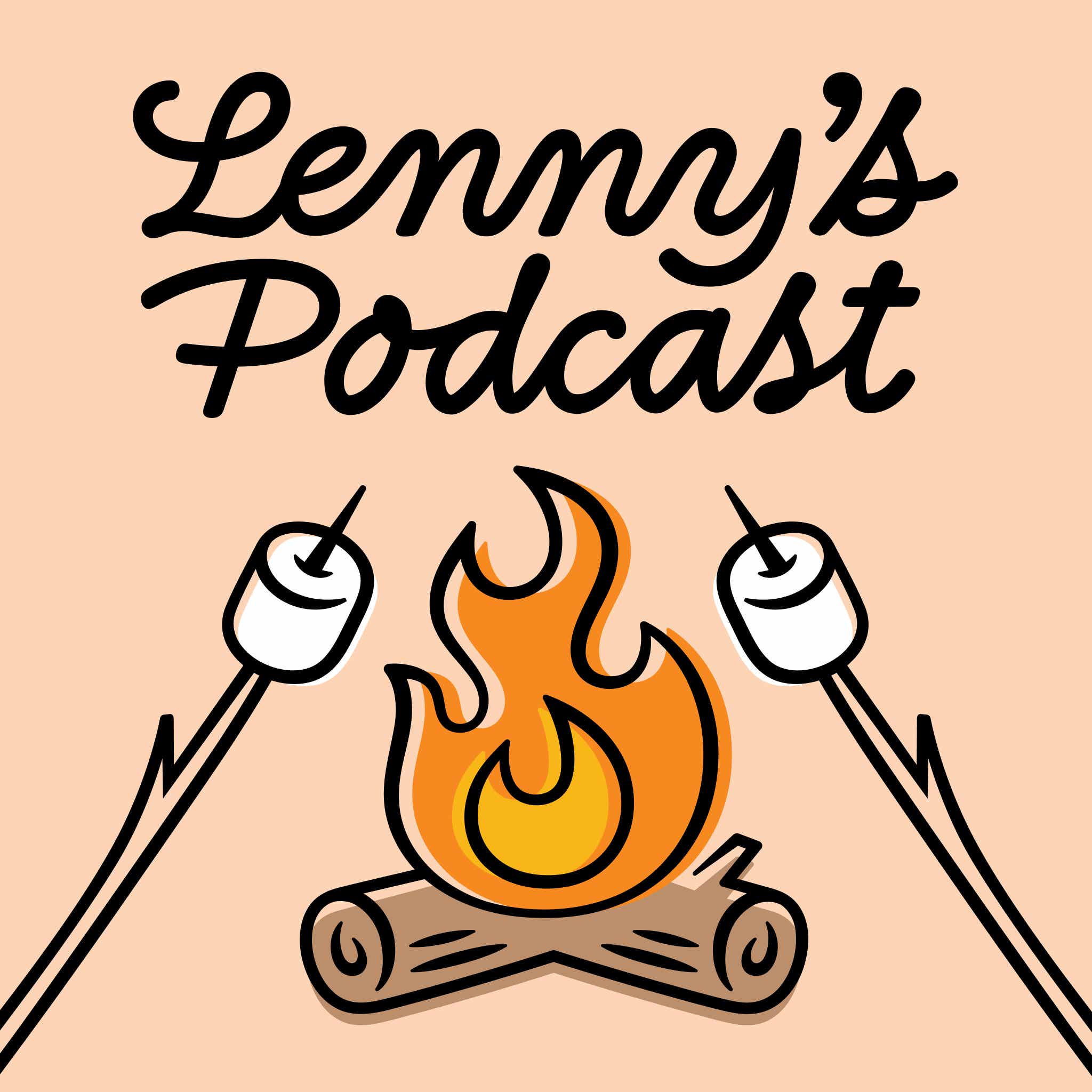
Lenny's Podcast: Product | Growth | Career · May 22, 2025
Unconventional product lessons from Binance, N26, Google, more | Mayur Kamat (CPO at N26, ex-Binance Head of Product)
Highlights from the Episode
Mayur Kamat·chief product officer at N26
·00:05:30 - 00:08:42
Binance's unprecedented growth and market dominance
“
The scale of Bina finances is pretty mind boggling. So just to give like the history, they started in 2017 as a crypto exchange when there were other crypto exchange on the market for years, Coinbase. And within six months they became number one. Right. So that's unprecedented. Like that's like launching a search engine today and then six months later beating Google. And then they went within five years to at a peak valuation of somewhere like 400 billion or so with 2,000 employees. Right. So that's zero to 400 billion in five years. So it's at a scale that's never been done before.
Mayur Kamat·chief product officer at N26
·00:05:30 - 00:08:42
Binance's flat organizational structure enabled rapid decisions
“
You can't do this by having a traditional log structure. So CZ, the founder and CEO at one point had like 55 direct reports and his direct reports had about the similar ones. So for a large portion of the history of the company there was just one level between the individual employees and the CEO. Right. And that leads to like an extreme level of decision making and execution. You cannot have one on ones when you have 55 direct reports. So there's a culture of one to many and doing that as often as possible.
Mayur Kamat·chief product officer at N26
·00:08:44 - 00:10:12
Empowering smart people with challenging problems
“
When you have really smart people, you give them really hard problems. You have no constraints on what can you need to solve them. Whether it's money, people. Except time. Time is always at a premium. People can move mountains in small amount of time. And that extreme ownership culture I think probably was the most fascinating part of working at B Finance that I've now tried to take. There some good parts of it in terms of attention to detail, being able to pick certain areas that own it. Irrespective of what your title is and how many people report to you.
Mayur Kamat·chief product officer at N26
·00:16:26 - 00:18:19
Fast growth and compensation drive employee performance
“
One is you're growing really fast, right? So the growth for the employees comes just from seeing problems at scale that are growing every day. That it needss less of a manager's attention to figure out what you need to grow. And the best way to grow in general is that you work at a really fast growing company, right? So if that's true, two, your people are extremely well compensated so they care about the KPIs more than they care about what's the next stage in my career and how do I get promoted.
Mayur Kamat·chief product officer at N26
·00:19:12 - 00:24:58
Prioritize long-term career growth over early compensation
“
If you're truly on a track to become like an executive someday or found your own company and make it successful, you will find that the compensation is so much backloader that you would make 90% of your compensation in the last five years of your career. So optimizing for 10%, 20% early in your career. So if you have two jobs and I would like rank in your first 15 years of your career, I would say do not look at the compensation.
Mayur Kamat·chief product officer at N26
·00:19:12 - 00:24:58
Align career aspirations with personal enjoyment
“
Determine very early in your career if you truly want to be a C level someday. You want to be an executive someday. Because it's almost like if you're ambitious and successful, you enter product management, you'in like top of your. It's almost like an expectation of you that you would become that and you'd never really challenge or question yourself. Like, is this the thing that needs me, that I need to do to get there? Is there something I'm gonna truly enjoy? Not just the destination, but the process to get there.
Mayur Kamat·chief product officer at N26
·00:34:16 - 00:34:59
Fintech PMs must balance customer and regulator needs
“
In fintech, you have two customers, you have your usual customers and you have your regulators and you need to keep both of them happy. And usually what makes one happy makes the other one less happy. So you are constantly dealing with trade offs like in most PMs and most companies you have some trade offs but they're not existential. Whereas in fintech like every trade off is existingential. Like when you found a company, every trade off is existingential. You may not exist as a business if you make a wrong issue.
Mayur Kamat·chief product officer at N26
·00:42:04 - 00:44:47
Fast execution and experimentation drive product strategy
“
Strategy is always like, keep doing more of it or don't do it. That's all there is to strategy. The key part is just figuring out which one goes in which bucket. And if you're really executing fast enough in a kind of a structured, experimentation driven manner, your strategy becomes a largely, largely solved problem. So for most like, and that's a challenge, like a lot of people think like strategy is about like looking at Porter sp forces, lot of slides, we're looking at some data and slicing it and saying we need to go here or there. All of it is largely a some sort of package intuition.